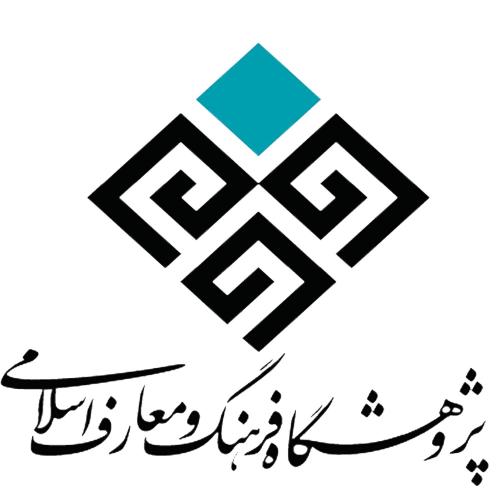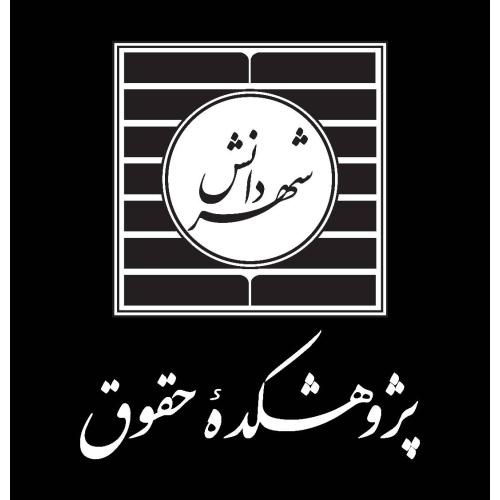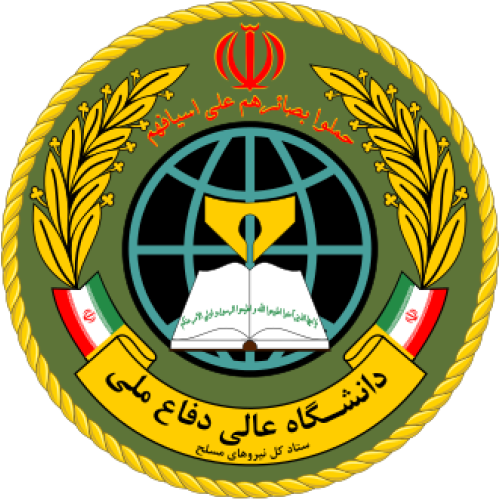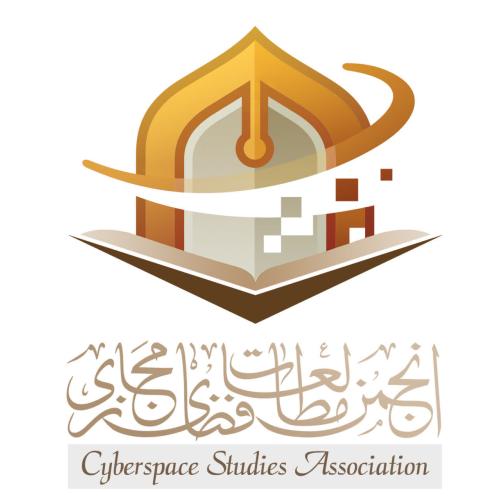-
1. مفهوم، مبانی و چارچوبهای حقوق ملت و آزادیهای مشروع در نظام جمهوری اسلامی ایران و مقایسه آن با سایر نظامهای حقوقی
-
2. سازکارها و الزامات تأمین و تضمین حقوق ملت و آزادیهای مشروع
-
3. دستاوردهای نظام جمهوری اسلامی ایران در زمینه حقوق ملت و آزادیهای مشروع

Dr. Habibnejad further noted that some believe freedom of expression is an attainable concept but one with theoretical nuances.
Pointing to the necessity of differentiating between "citizen rights" and actions falling outside this definition, he emphasized a crucial role for the judiciary: drawing a precise line between "advising the government" and "inciting unrest and chaos."
Establishing this distinction, he argued, is essential for both safeguarding fundamental public rights and solidifying social order.
Dr. Habibnejad went on to emphasize the concept of "transcendent freedom of expression," saying, "It can be said that whenever freedom of expression serves social progress and the elevation of collective rationality, it can be considered the 'ceiling of freedom of expression.'"
This type of freedom, he explained, pertains to individual and collective growth, not merely irresponsible expression.
The university lecturer refuted the possibility of absolute freedom, asserting, "Unfettered freedom is neither possible nor desirable. Social life requires regulation, management, and legislation, and without these frameworks, freedom becomes chaos. Therefore, limiting freedoms under specific conditions is an undeniable necessity, although it must be done in compliance with precise rules and principles."
Dr. Habibnejad outlined three significant harms or detriments in the realm of freedom of expression: first, "deprivation of freedom," which, according to Article 9 of the Constitution, is not permissible under any circumstances, and no authority has the right to deprive citizens of their legitimate freedoms; second, "suspension of freedom," which, although potentially permissible under specific conditions according to Article 79 of the Constitution, has not been invoked even once in the past 45 years; and third, "restriction of freedom," which, while possible in certain cases such as threats to public order or infringement upon the rights of others, must be accompanied by precision, proportionality, and ethical legitimacy.
Emphasizing the importance of the method of limiting freedoms, Dr. Habibnejad added, "The main issue is not just limitation, but the how and the framework of this important action. In some countries, principles such as the prohibition of abuse of power, proportionality in restriction, the requirement of ethical justification, and the possibility of judicial review are considered. A similar path should be designed and institutionalized in Iran's legal system."
Stressing that individuals whose freedom of expression has been limited should have the right to complain and seek judicial review, he added, "Furthermore, one of the important needs of countries is the precise enumeration and identification of obstacles to freedom of expression in various institutions and the consolidation and principled legislation of this area to prevent arbitrary and uncoordinated actions."
In the final part of his remarks, the associate professor at the University of Tehran explained the relationship between freedom of expression and ethics within the framework of "growth," stating, "Freedom of expression that does not lead to the intellectual, ethical, and social growth of society cannot be considered among transcendent freedoms. The authority for determining this type of freedom is not governments, but collective rationality and conscience; and this conscience only takes shape when a free, wise, and fair space for dialogue prevails in society."

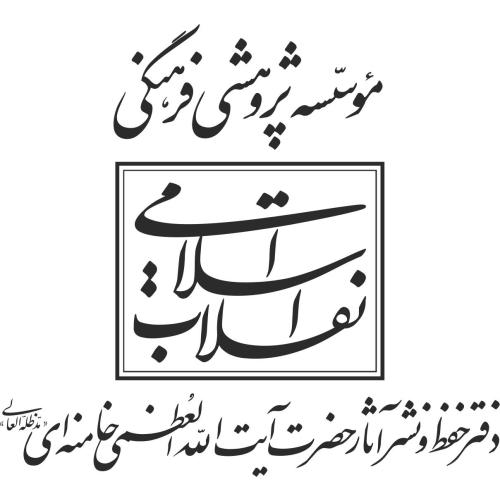
.png)
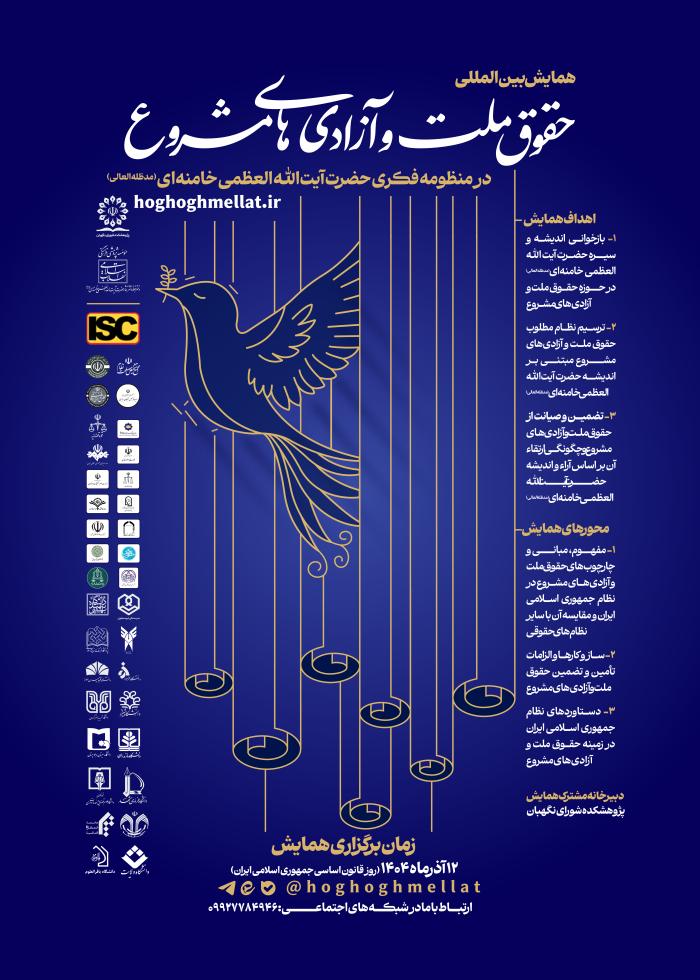
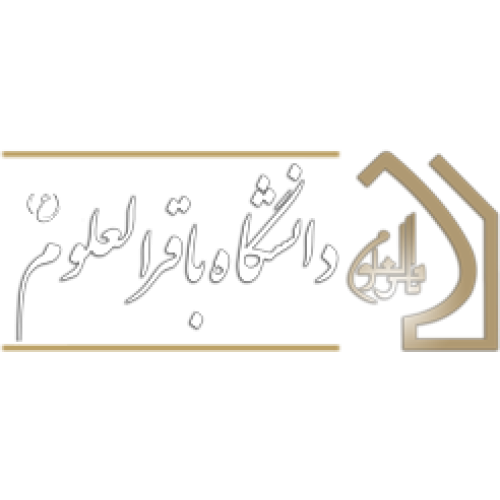
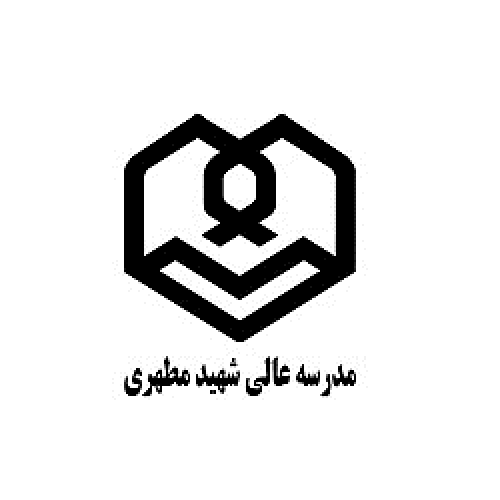
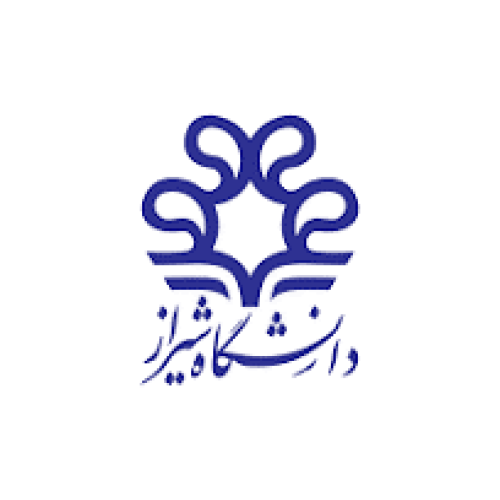
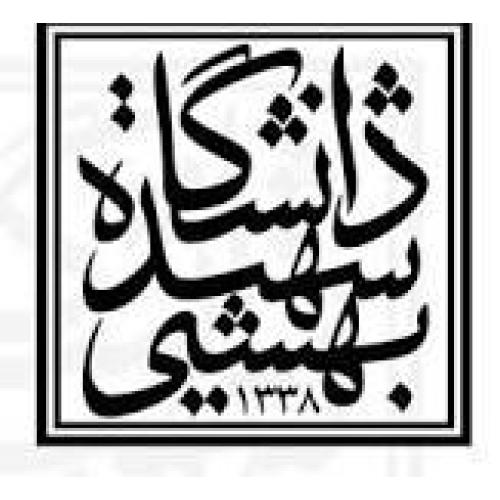
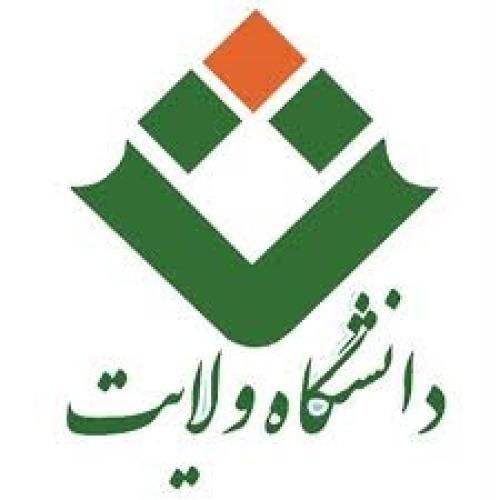
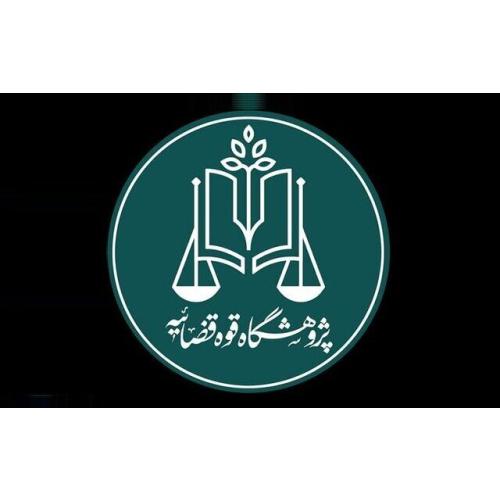
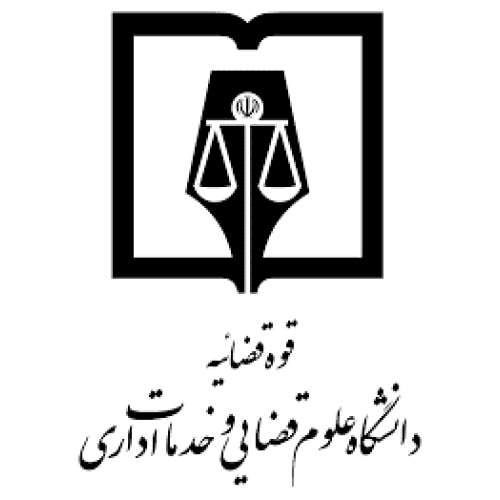
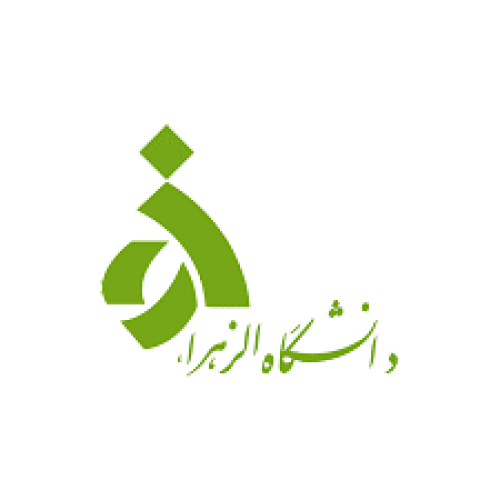
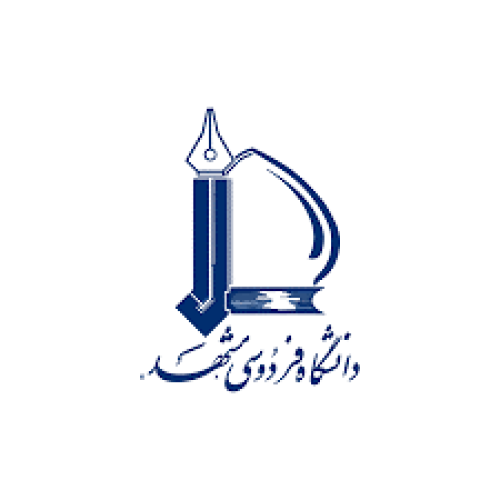
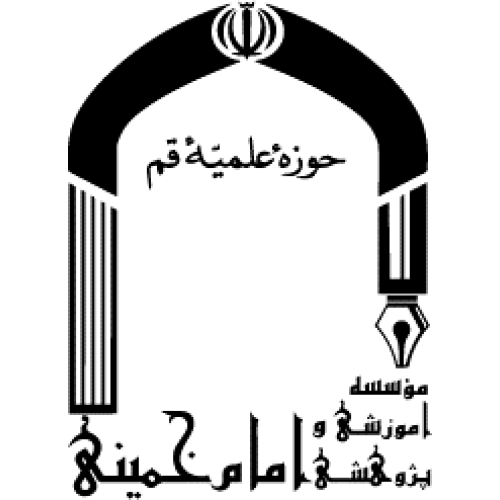

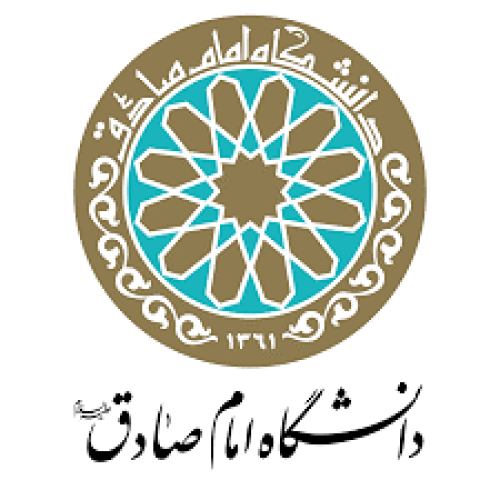
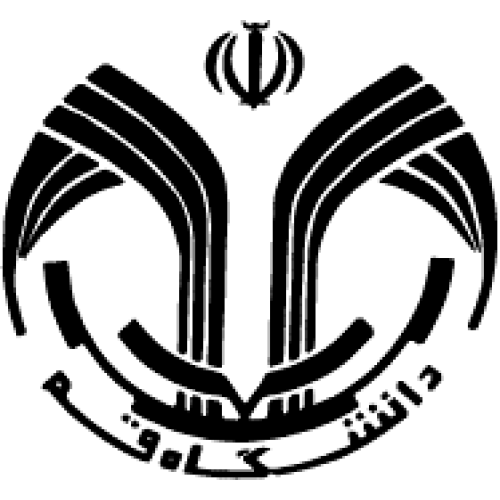
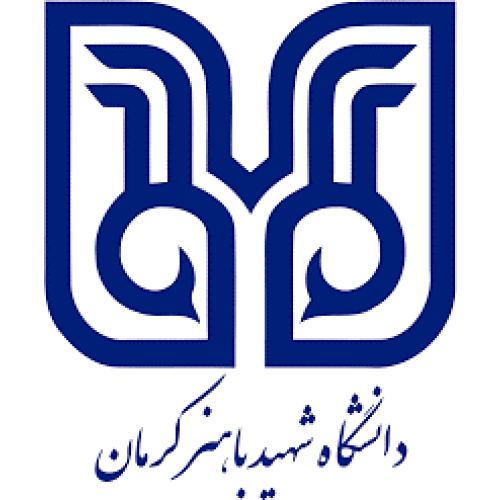


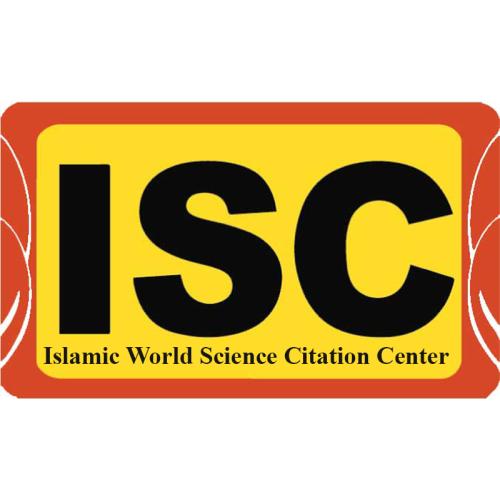
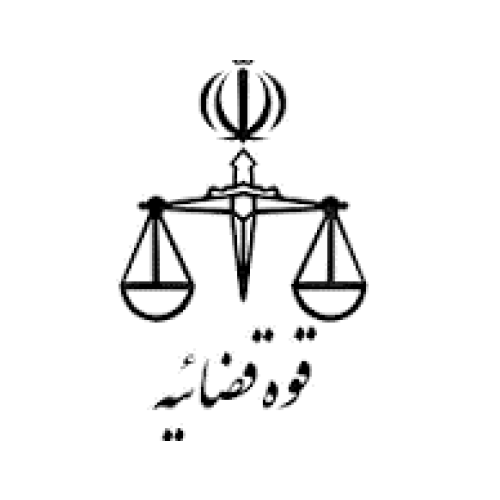
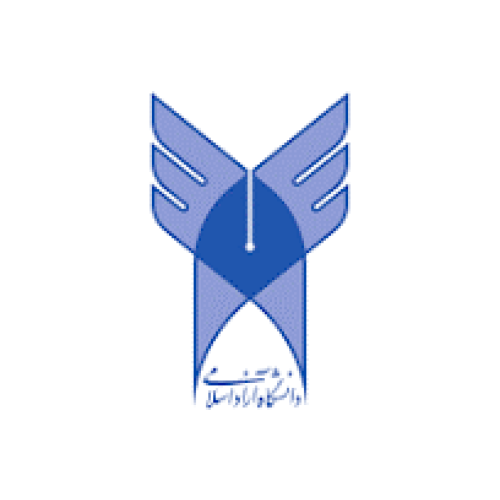
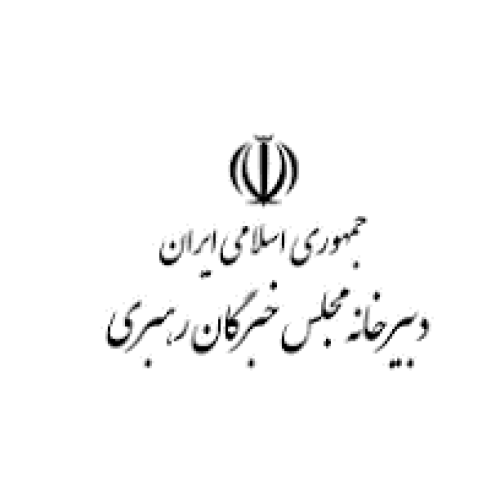
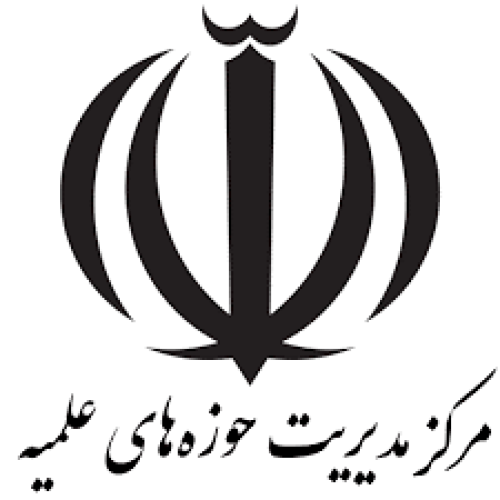
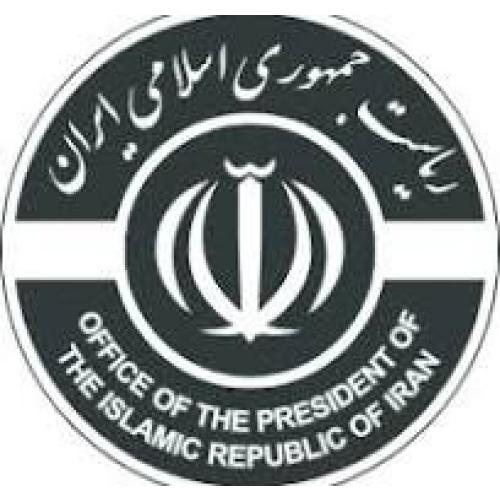
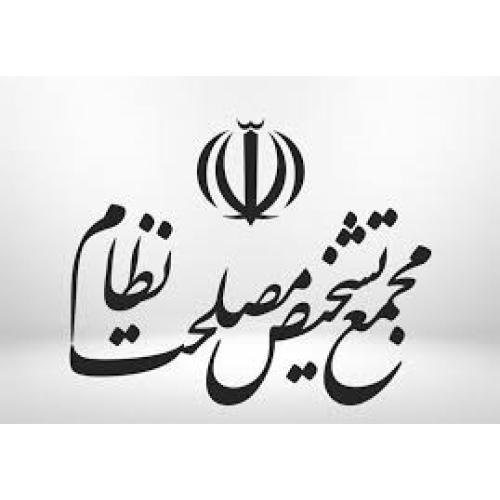
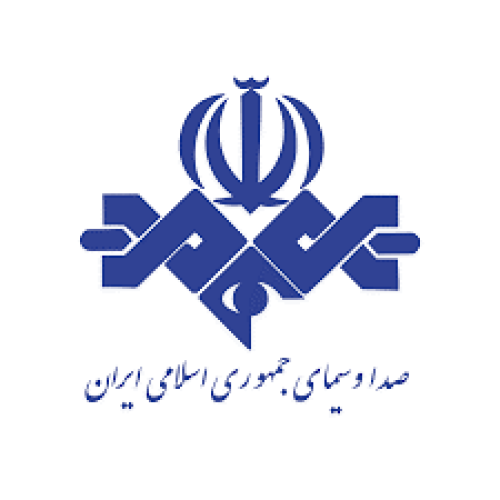
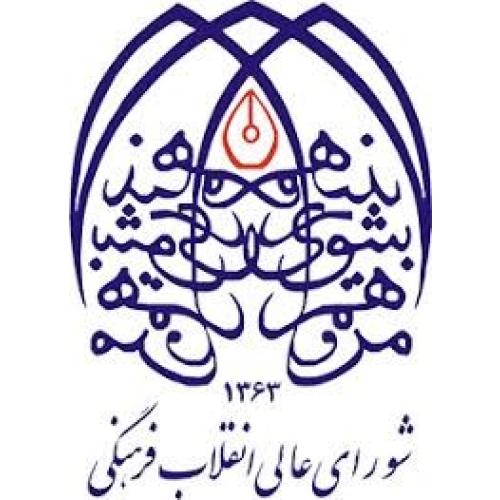
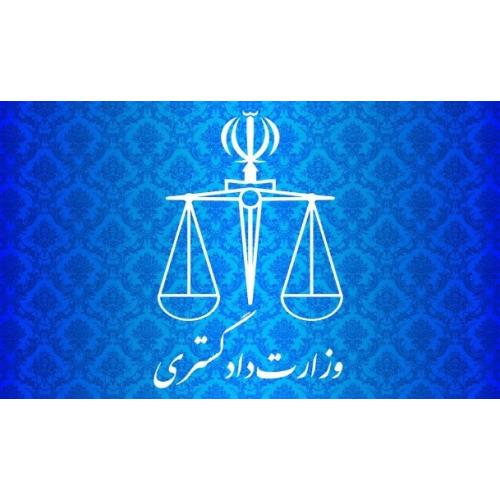
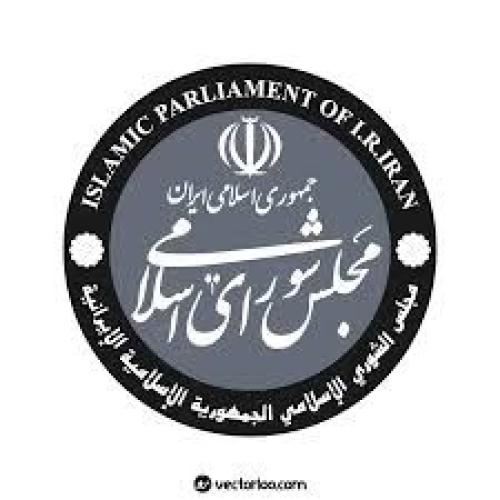
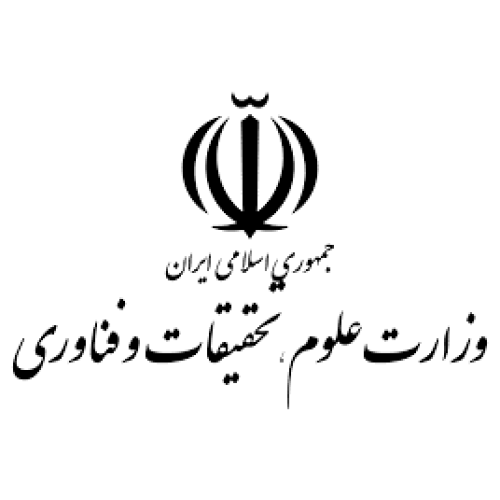

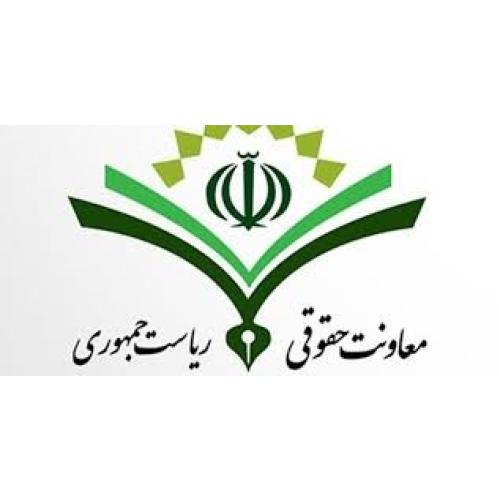
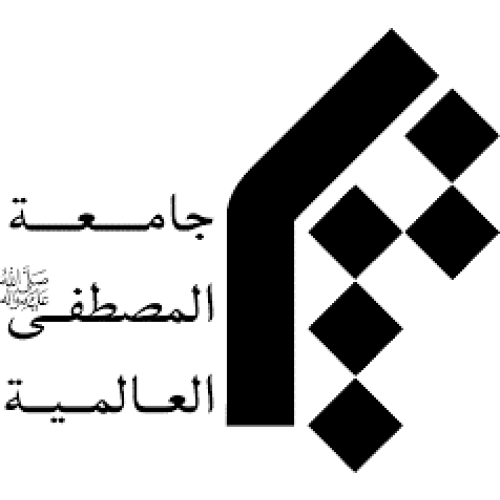
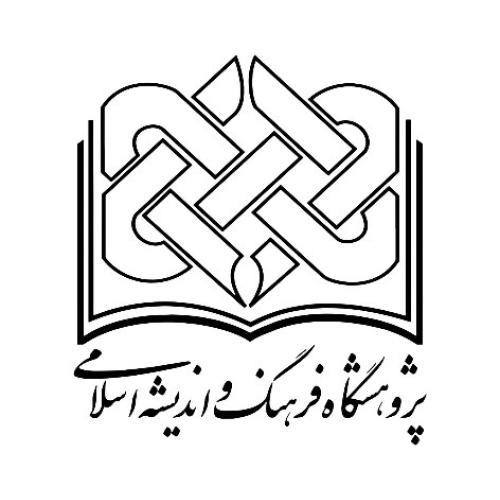
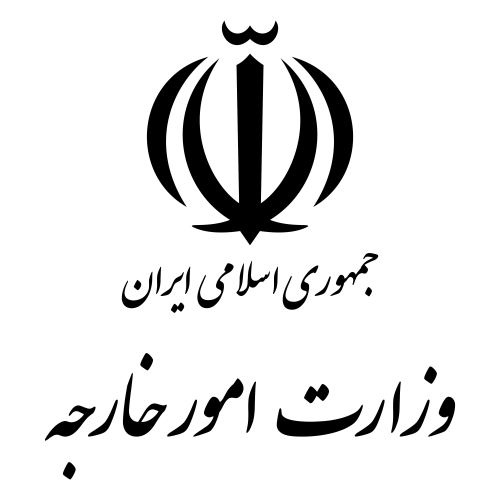
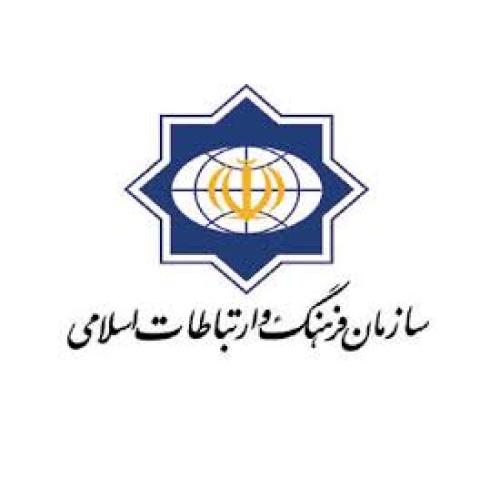
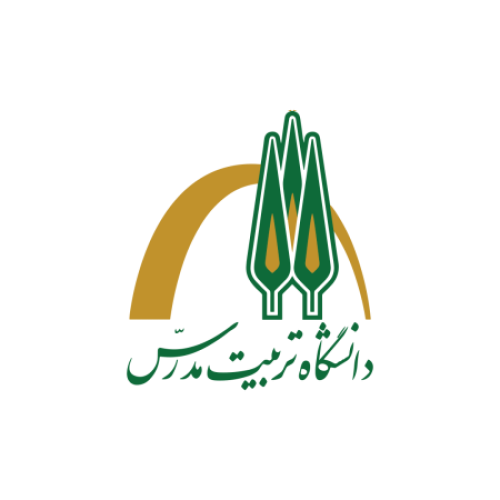
.png)
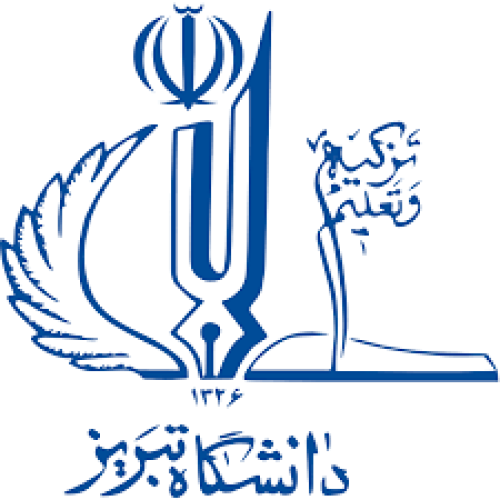
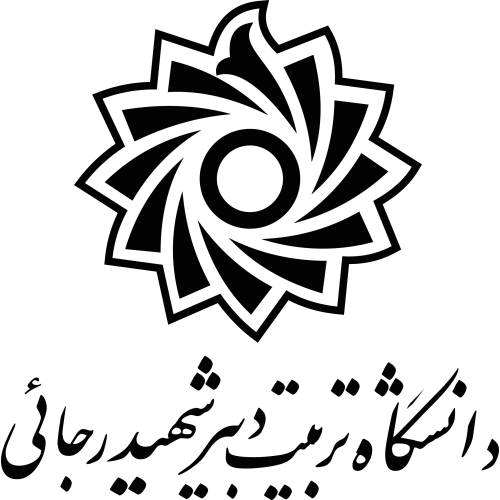
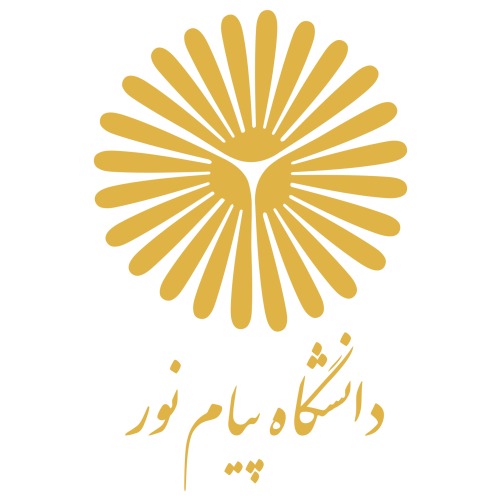
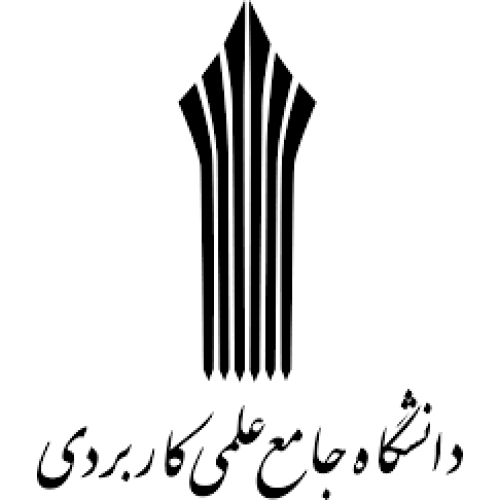
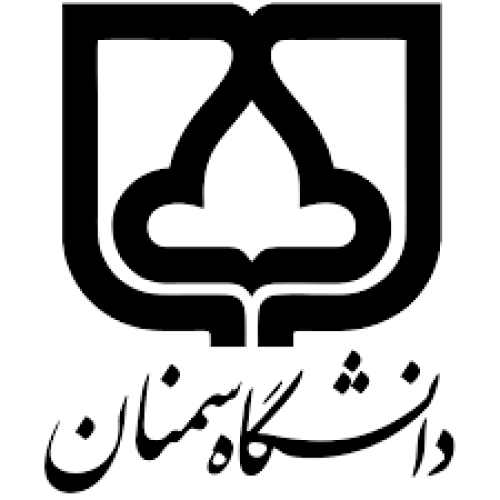
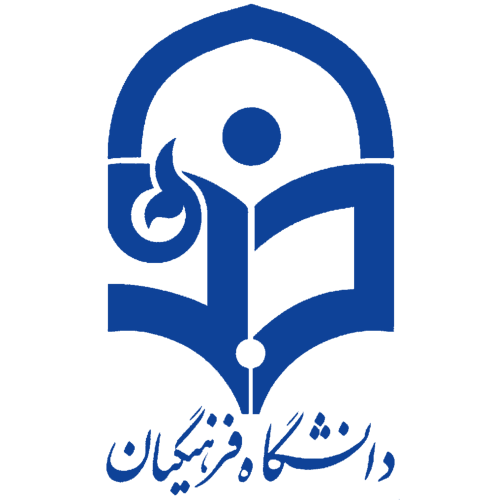
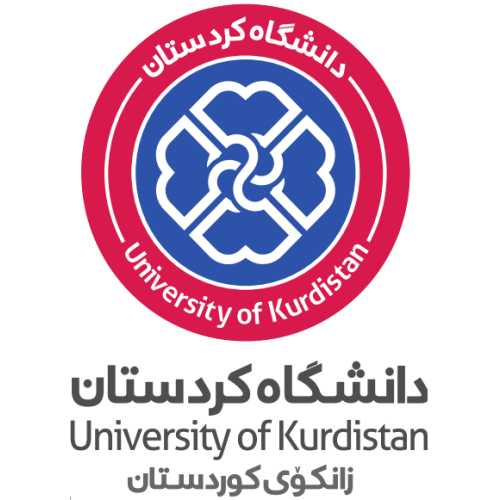
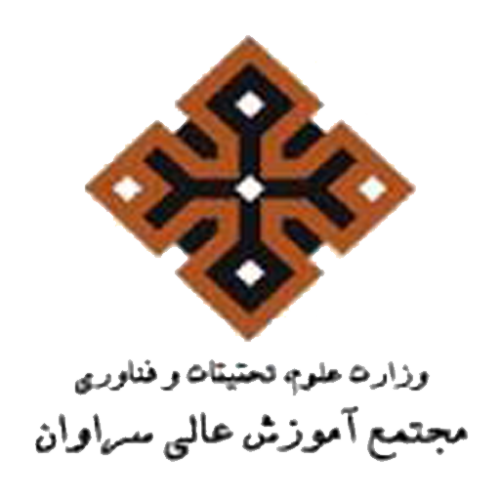
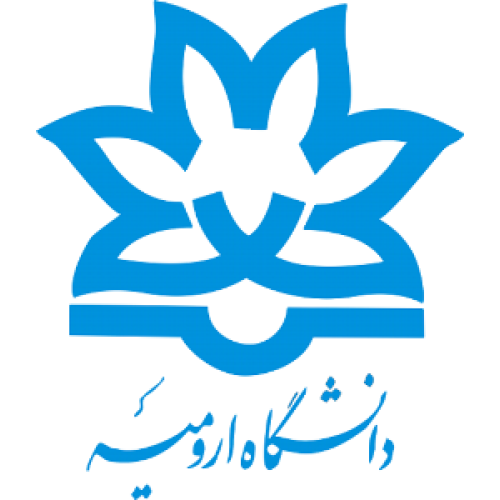
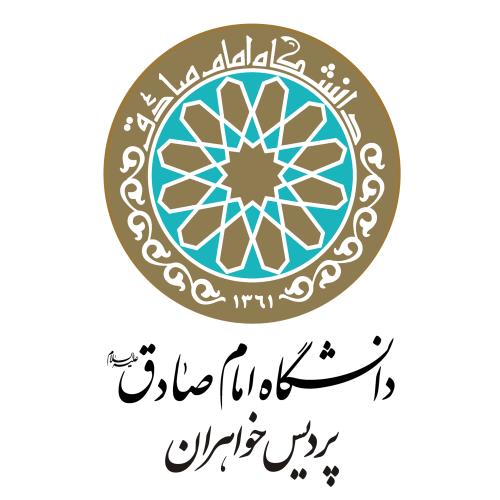
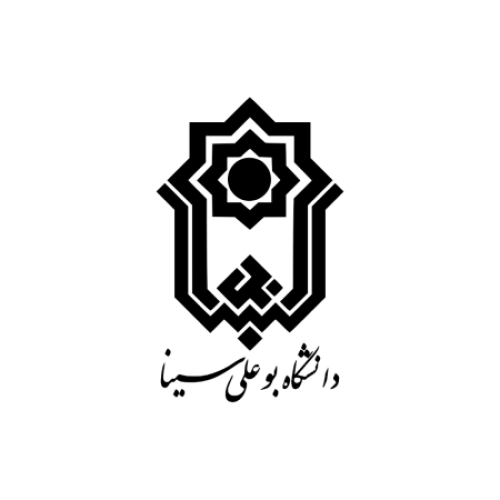
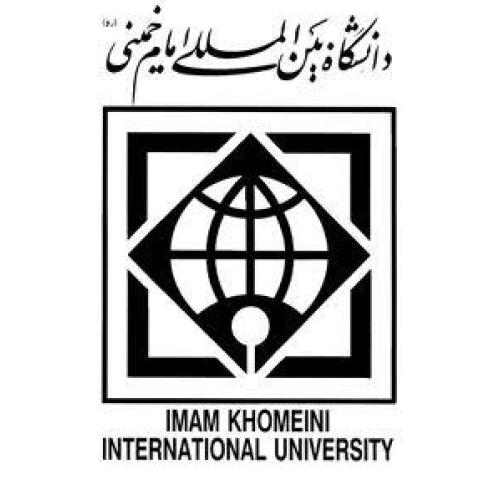
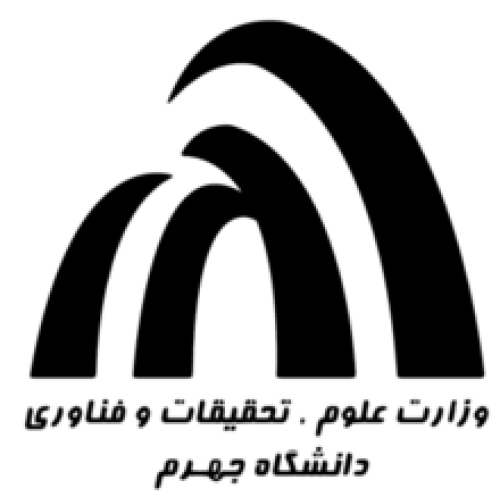
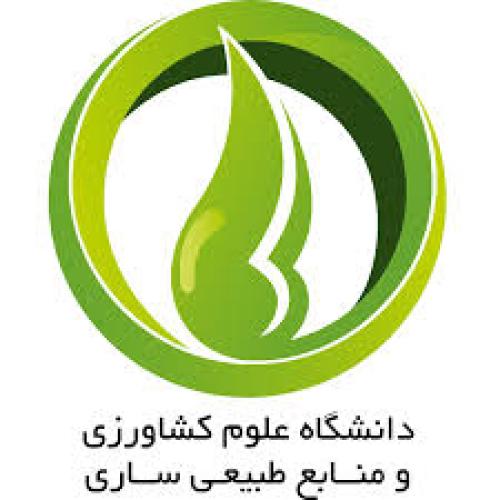
.png)

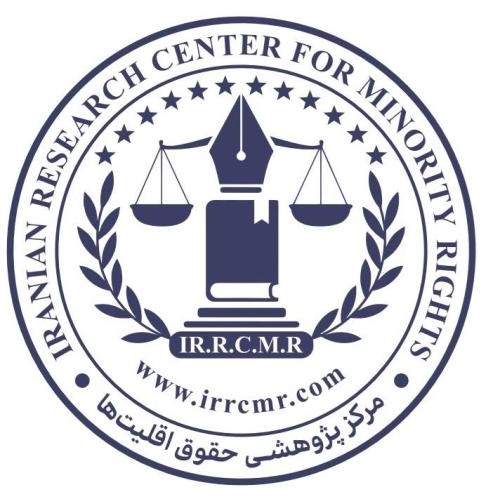
.jpg)
